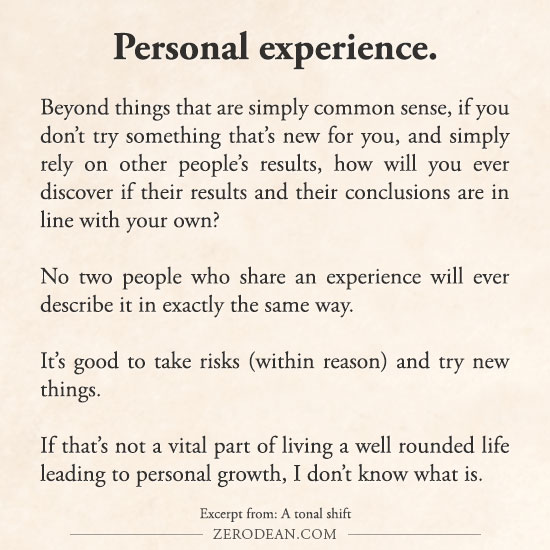- “I’m such a klutz.”
- “I’m bad at remembering names.”
- “I have a tendency to say stupid things.”
- “I have a crooked nose.”
- “I don’t have perfect teeth.”
- “I’ll never live this down.”
Whatever you may consider your faults, flaws, and imperfections to be, they are nowhere near as clear to other people as they are to you. And the mistakes you make are nowhere near as magnified.
Yes, you may screw up. And you may embarrass yourself in front of others (everyone has done this). And it may seem like the worst thing in the world. But mistake-makers often have a tendency to hold onto negative thoughts from an embarrassing experience far longer than those who witness or hear about it do.
Always keep in mind that other people don’t see you in the exact the same way that you see yourself.
In fact, it isn’t uncommon for people to have a very low estimation of themselves, their looks, and their accomplishments while also being someone that others look up to and admire.
People in your life — especially the friendly ones — are more likely to remember your successes than your failures. Especially because in the same way people don’t see your flaws the same way you do, they don’t see your failures the same way either.
In fact, you may be the only who thinks of something you did as a failure or some aspect of yourself as a flaw.
And those who do want to highlight your mistakes, failures, and flaws in an unsupportive way are very likely not those you want in your life anyway.
Always remember, everyone makes mistakes. And everyone has flaws. Even your heroes.
It’s part of the human experience. No one is perfect. And some of the most beautiful and most successful people in the world are insecure about something.
We are all a work in progress.
The key is to move forward in your life with intention and not perpetuate bad feelings by reliving a bad experience over and over again in your head. Thus making it difficult for you or others to forget.
Related:





